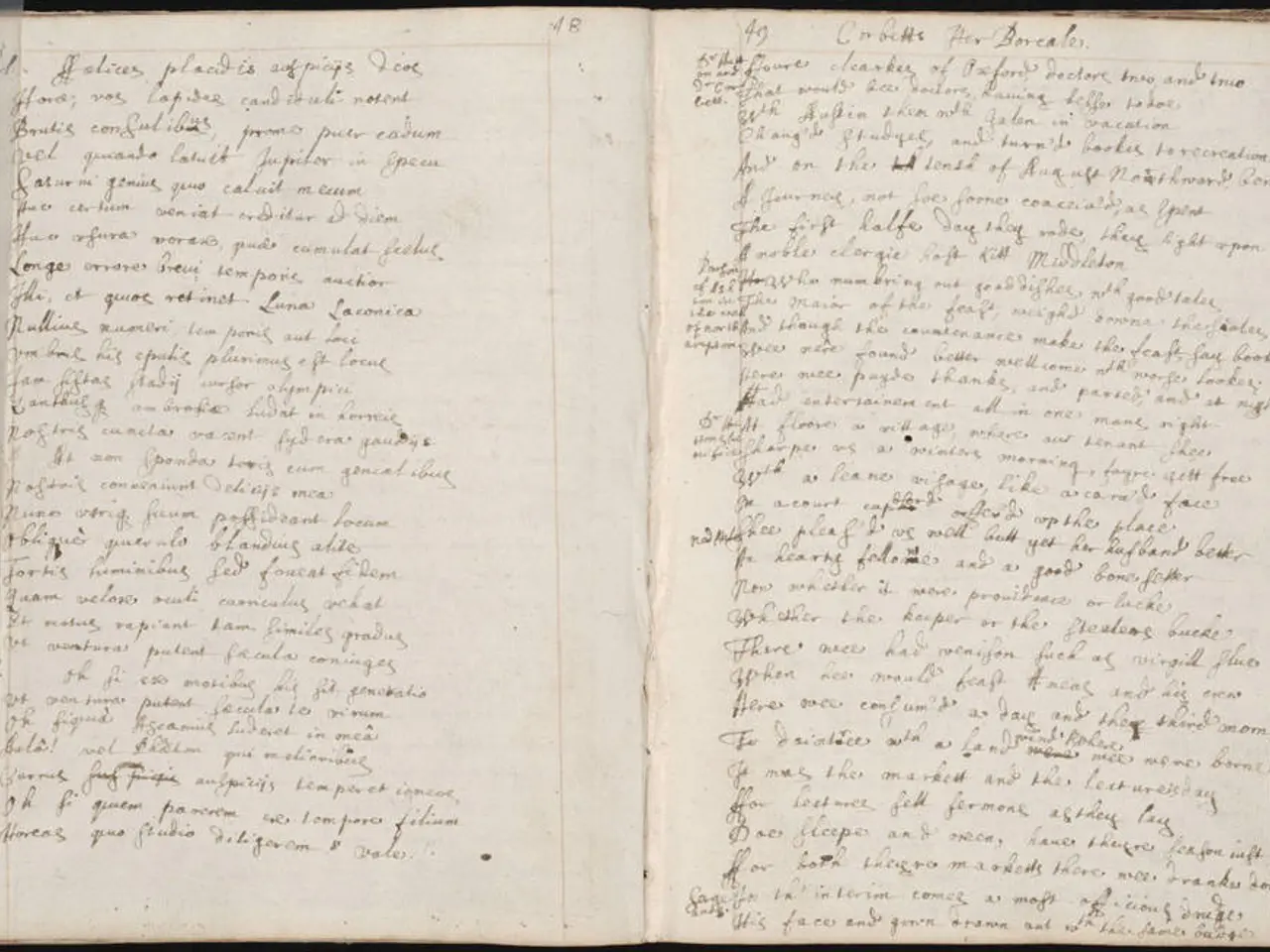Unconventional Beginnings: 3 Nobel Laureates Prove Passion Trumps Early Struggles
Two Nobel laureates, Albert Einstein and Frances Arnold, had unconventional educational beginnings. Both initially struggled in their early academic pursuits at their respective academy, yet went on to make groundbreaking discoveries in their respective fields of physics and chemistry.
Einstein, who would later win the Nobel Prize in Physics in 1921, was once a mediocre student at Zurich Polytechnic School, now ETH Zurich. He skipped classes and wanted to study physics exclusively in the classroom, finishing second-last in his class in 1900. Despite this, he went on to revolutionize the field with his theory of relativity.
Similarly, Frances Arnold, who won the 2018 Nobel Prize in Chemistry, had a turbulent start to her education in the United States during the 1960s and 1970s. She cut classes and was expelled from school, but managed to pass her classes despite many absences. Her unconventional path did not deter her from making significant contributions to the field of chemistry through directed evolution.
David Card, the 2021 Nobel economics laureate, also had an unconventional educational beginning. He started working at a young age, learning to drive a tractor and help his father milk cows at age 11 in a small one-room classroom in Canada. Despite this, he went on to make significant contributions to the field of economics.
Einstein, Arnold, and Card's journeys demonstrate that unconventional educational paths do not necessarily hinder one's ability to make significant contributions to their field. Their stories serve as a reminder that passion, dedication, and perseverance can overcome early academic struggles.




